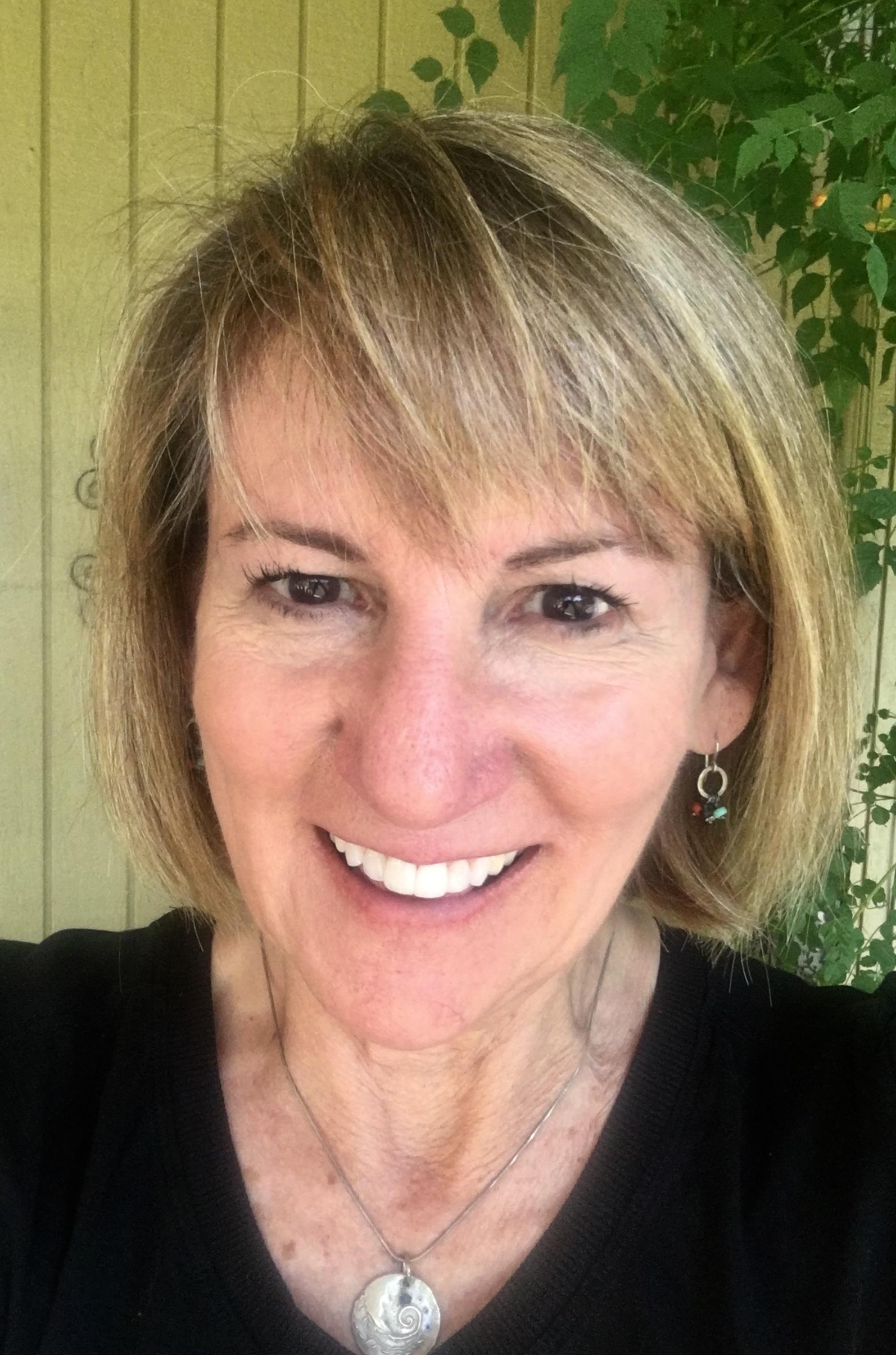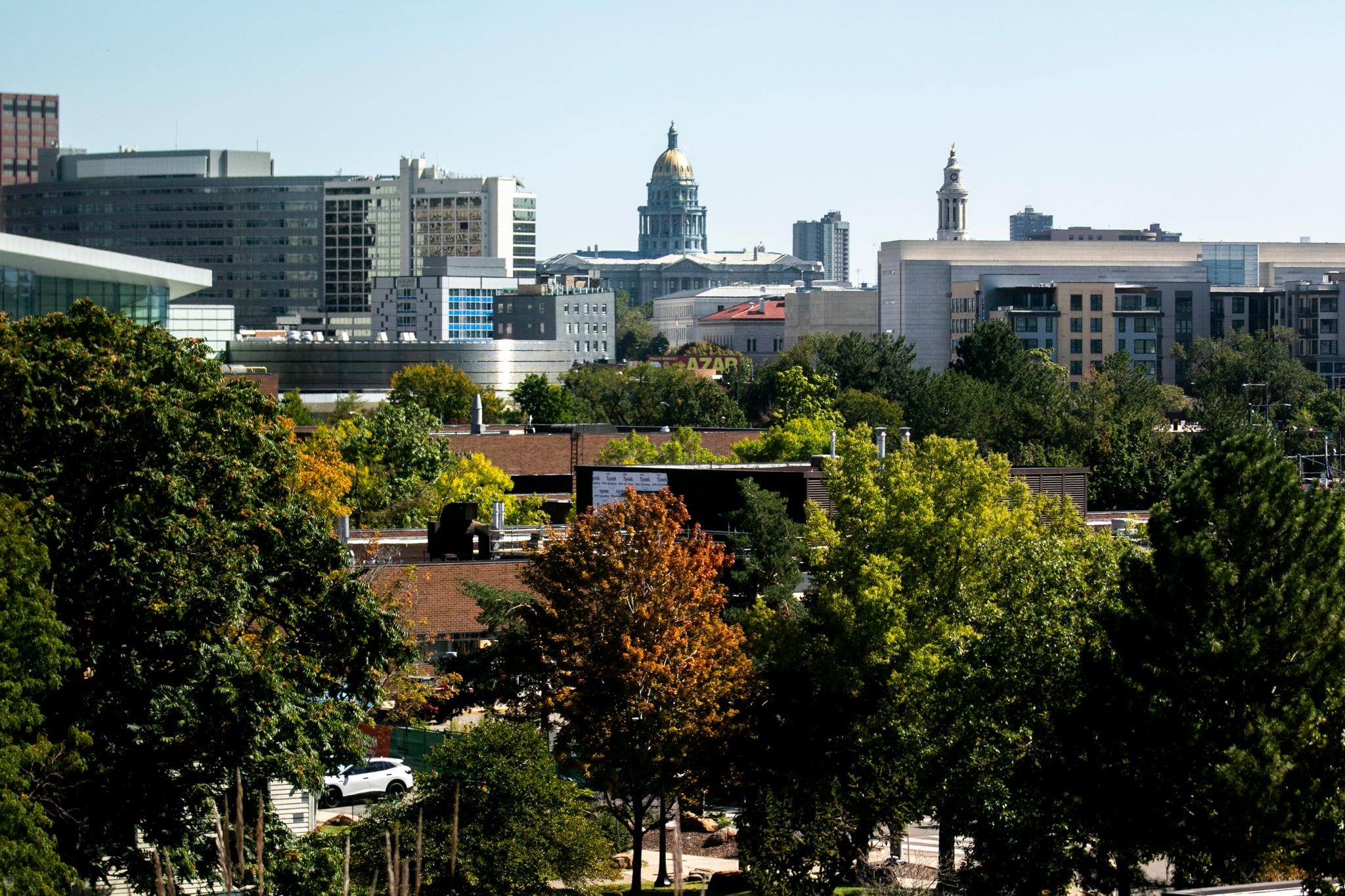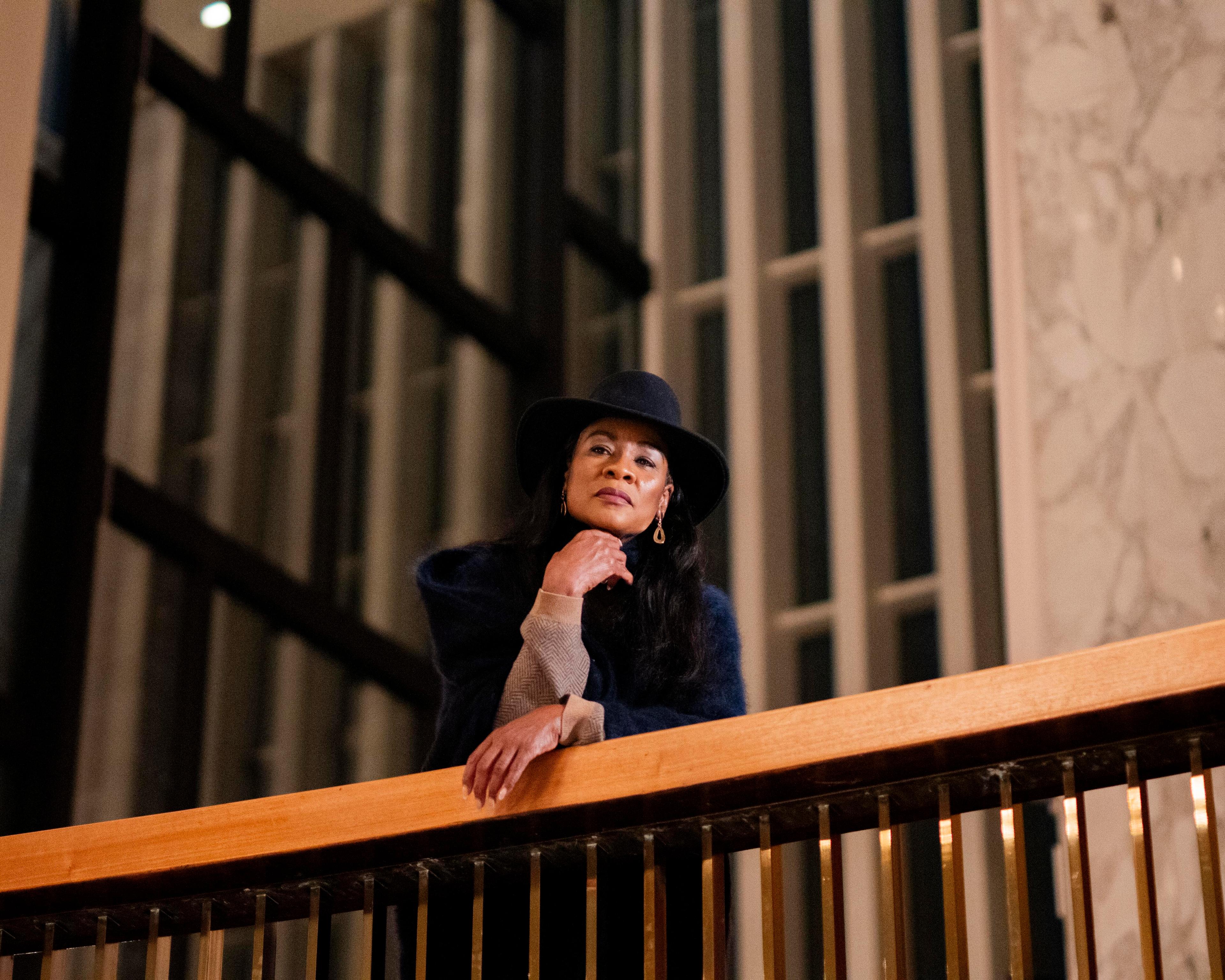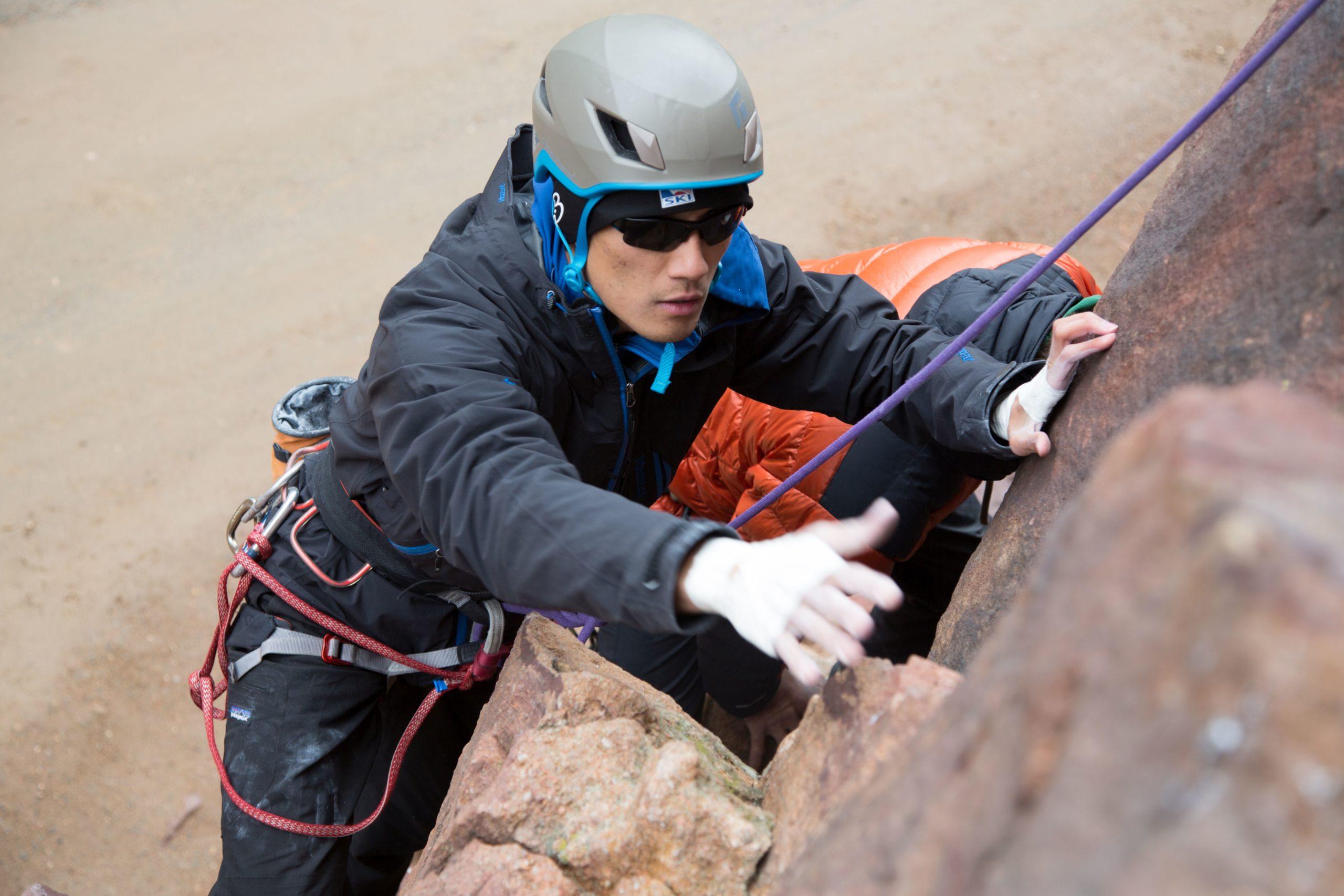
Soldier Steve Baskis was driving an armored vehicle in Baghdad in 2008 when he was gravely injured.
Shrapnel from an explosion cut through his optic nerves, blinding him. But since the accident, Baskis, now of Montrose, has climbed some of the world's tallest mountains, kayaked the Colorado River through the Grand Canyon, skydived and more.
"I was interested in becoming a special operation soldier. An unconventional soldier," he said. "And I think that's driven some of the things that I've pursued as a blind individual."
This month, Baskis plans to climb the tallest mountain in the Southern Hemisphere, Aconcagua in the Argentine Andes. It will be the 25th mountain he's climbed since losing his sight. He also runs a non-profit called Blind Endeavors to help other injured veterans stay active.
"I think you can reestablish, maybe, a new normal by exploring what's possible with the body that you have," he said.
Baskis talked to Colorado Matters about his athleticism, his foundation and other challenges veterans with disabilities face and learn from.

Interview Highlights
On mountain and rock climbing while blind:
"Usually I have a primary guy that leads in front of me. They could be just making noise with their footsteps, tapping things with trekking poles. I am hiking with trekking poles and feeling out the trail as I move, and they're telescopic. I'll ditch them if it gets real steep and scramble on my hands and knees.
Climbing is very tactile, and then occasionally I have a guide or someone behind me that'll just say, 'Steve, stay right. Hold that form.' Because he or she can see from behind."
On how traumatic events and disabilities can challenge people:
"When people go through a traumatic change, you then test yourself in different environments. It gives the person the ability to forge strength, mental fortitude strength, physical strength, resilience, courage, determination. And that all plays a huge role in your daily life, whether you're doing extreme things or mundane things.
I still am (paralyzed by fear) at times. It's interesting, staring into a dark world that's very still, stagnant. I think a lot of people that are blind don't move enough. And it might be because of blindness, it might be because of a lot of reasons, but I definitely have tried to rebel and fight against that feeling of being afraid to step out."
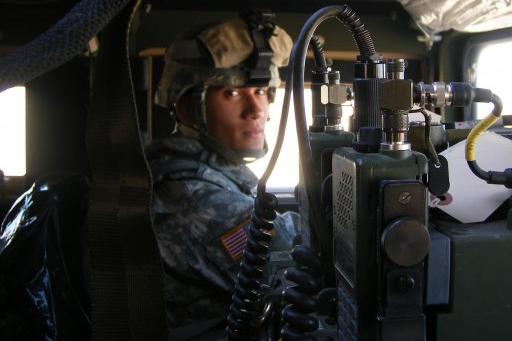
On how being blind and a veteran have taught him resilience:
"I think blindness has taught me that, to be okay with failure, or whatever people interpret as quitting, failure, or frustrations. There's a lot of failures in my life. I talk a lot about the positive. Everybody hears the positive, but absolutely, there's been struggles. I think the thing to remember is I look past that and I find a way to drive forward. And soldiers are taught that or experience that."
On the concept of "inspiration porn":
"That's an interesting term. There's so many phrases nowadays. If you're struggling in a place, and somehow you latch onto this idea of inspiration or motivation, it can be so beneficial for you. We're so influenced by the good and the bad in the world, and I'm still thinking about it to this day. How do people interpret and feel those things? And it's just dynamic, I think. It's a moment thing for everybody.
I try to lead by example, and I've never really tried to be inspiring. I've always wanted to live life and do great things, but I don't look at myself that way. A lot of these things are very challenging, and there are many struggles within climbing a mountain blind, or kayaking. A lot of bad days, a lot of negative feelings.
I think people focus on interesting things, like the feat, a physical feat, but it is important to remember that I am very proud of internal things that have allowed me to cope with the issue of being blind. And so, inspiration is something that is interpreted or felt by others, and I have no control over that."
